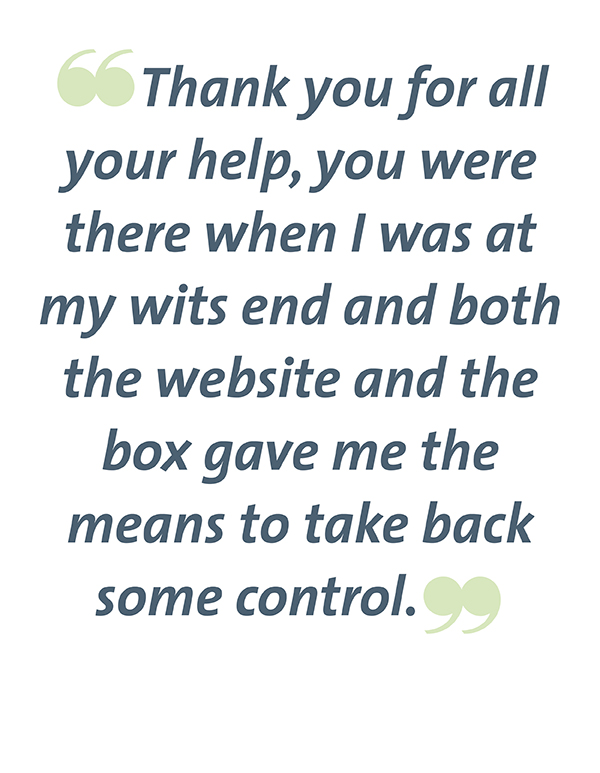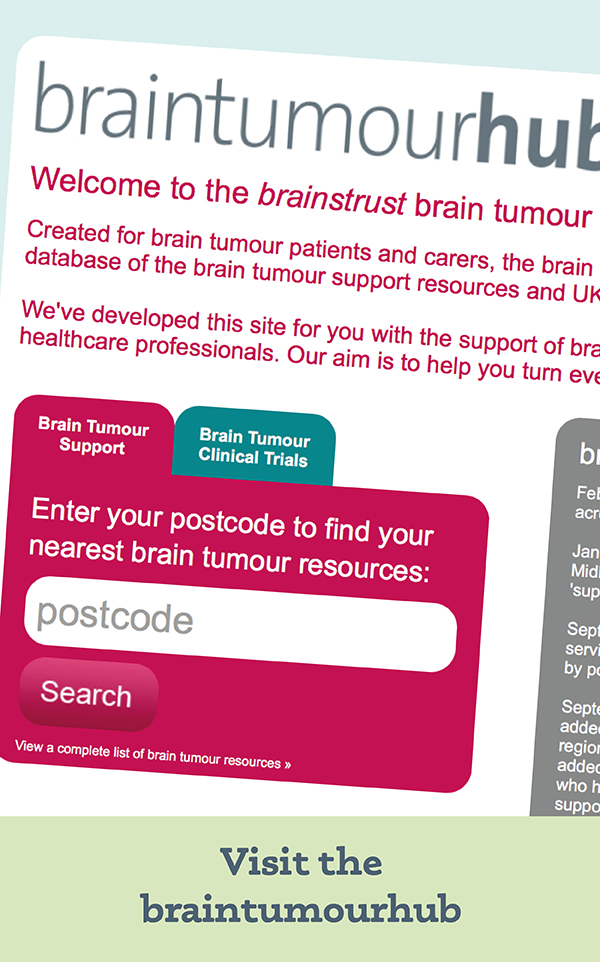Preparing for treatment as a caregiver
Any type of treatment for a brain tumour will have an impact on your life as a caregiver. This includes radiotherapy, chemotherapy and surgery. Here we have included some tips and information that may help when preparing for your loved one to undertake their brain tumour treatment.
Travelling to and from appointments
Travelling from home to the hospital for appointments for treatments can be time consuming and expensive. This is especially the case with radiotherapy, which can involve the patient having to go to the hospital every day for a number of weeks.
If you will be driving your loved on to the hospital, you may be able to get help with your travel or parking costs.
NHS Healthcare Travel Costs Scheme (HTCS)
This scheme may allow you to either claim back any travel costs endured through travelling to treatment appointments. You do have to meet certain eligibility criteria that has been outlined by the NHS, details of which you can find here.
If you are unable to drive your loved one to appointments, they may be able to get help with the costs of a taxi, although this would need to be agreed by the hospital or local clinical commissioning group prior to your treatment starting.
Hospital car parking charges
Hospital car parking policies can vary across the UK, so it is best to double check the policy of the hospital your will be visiting in advance.
In England, many hospitals offer free parking for people with cancer, or a discount. This isn’t always well advertised, and in some hospitals it may only be in a certain area, so try and find this information out before you travel.
In Scotland, hospital parking is free at all hospitals apart from Glasgow Royal Infirmary, the Royal Infirmary of Edinburgh and Ninewells Hospital in Dundee.
In Wales, hospital parking is free for everyone.
In Northern Ireland, hospital parking is free at all hospitals if you are having chemotherapy or radiotherapy.
For more information on help with transport and parking at the hospital visit the Macmillan website.
Preparing for treatment
The amount of notice you get before a therapy or surgery date can vary depending on the circumstances. Use the time before treatment to help yourself feel as prepared as you can, and identify key people around you who can help. You may find that lots of people around you want to offer help, but they might not always know what to help with.
Make a list of tasks that will need doing daily, and think about who you can delegate these to.
These could include:
- Preparing meals that can be frozen
- Childcare
- Household chores
- Transport to and from the hospital
- Hospital visits – try to get a list of people who can rotate hospital visits so you can give yourself some space and your loved one can get varied social contact
It is tempting to avoid this subject, but it is a good idea during this period to review any personal documentation that your loved one may have such as advance directives or Living Wills. This is a legal document which specifies which treatments they would like to have (or not) if they are unable to communicate their wishes for others. It may also be an idea to have a discussion about power of attorney for healthcare, if they are unable to make medical decisions for themselves.
Discover our resources, designed to help you feel less alone and more in control.
Don’t forget that you can call us 24/7 on 01983 292405 or email us on hello@brainstrust.org.uk. We know how stressful it can be to prepare for brain tumour treatment as a caregiver and we’re here to offer advice and guidance, or just to act as a listening ear.










